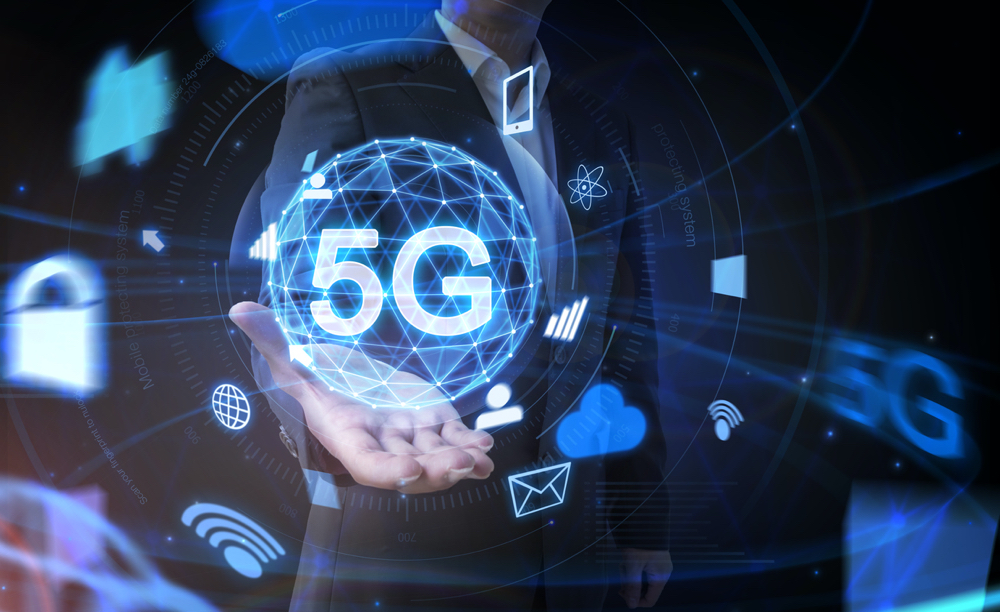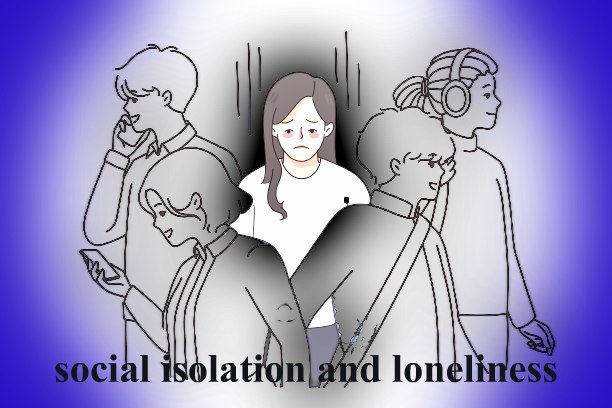How AI can be compared with human being

AI can be compared to human beings in various ways, but it’s important to note that AI and humans have fundamentally different capabilities and characteristics. Here are some points of comparison:
Processing Power:
AI systems, particularly those based on deep learning algorithms, can process and analyze vast amounts of data at incredible speeds. In this regard, AI can outperform humans in tasks requiring large-scale computations and pattern recognition.
Accuracy and Precision:
AI systems are designed to be highly precise and consistent in executing tasks once they are trained. They can perform repetitive tasks with minimal errors, unlike humans who may experience fatigue, distractions, or inconsistencies in performance.
Speed of Learning:
AI algorithms can learn from large datasets and quickly identify complex patterns. They can process and analyze information at a rate much faster than humans, enabling them to acquire knowledge and improve their performance rapidly.
Read more : How Nowadays AI Can Be Dangerous for Privacy
Specialization:
AI systems can be trained to specialize in specific domains or tasks, becoming highly proficient in those areas. Humans, on the other hand, have the ability to adapt and generalize knowledge across various domains, allowing for more versatile problem-solving abilities.
Creativity and Emotional Intelligence:
Humans possess unique qualities such as creativity, emotional intelligence, and intuition that are challenging to replicate in AI. While AI can generate novel outputs based on existing data, it lacks the subjective experience and true understanding of human emotions and context.
Contextual Understanding:
Humans excel at understanding and interpreting complex contexts, including social dynamics, cultural nuances, and ethical considerations. AI systems, on the other hand, struggle with understanding context and may generate biased or inappropriate responses without human intervention.
Read more : How Virtual reality introduces a new perspective to workplace training
Adaptability and Flexibility:
Humans have the ability to adapt to new situations, learn from experiences, and apply knowledge creatively in diverse scenarios. AI systems typically operate within predefined boundaries and require explicit instructions or retraining to handle new or unexpected situations.
Moral and Ethical Reasoning:
Human beings possess moral reasoning and the ability to make ethical decisions based on values, empathy, and a sense of responsibility. AI lacks inherent moral agency and must rely on human-defined rules and values, which may introduce biases or unintended consequences.
It’s worth noting that the field of AI is continuously evolving, and while AI systems have made significant advancements, they still have limitations compared to the complexity and adaptability of human intelligence.







